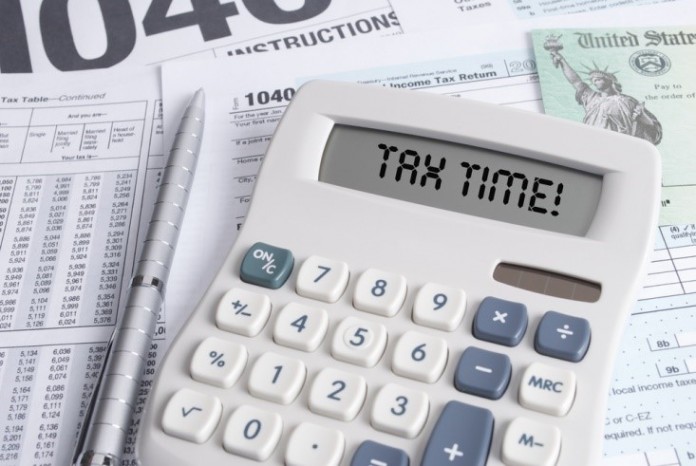Tax season always hits the self-employed especially hard. After a year without any automatic tax withholding, freelancers and entrepreneurs can receive massive sticker shock from the amount they owe the government. Fortunately, there are a handful of tax preparation secrets to help you hold onto more of your earnings.
1. File Electronically
It is natural to mistrust a computer program with something as important as your yearly taxes, but the truth is filing electronically is smarter and safer than writing everything yourself. Both you and your IRS agent are more likely to make mistakes while manually entering information; paper returns have a 20 percent error rate, compared to just 1 percent on electronic files. Plus, e-filing allows you to receive your refund (if you are lucky enough to get one) weeks sooner.
2. File Quarterly
Most self-employed workers are penalized for being unable to withhold taxes on their monthly paychecks. The best way to avoid these fees is to estimate your taxes and disburse your tax payments quarterly. On one hand, this necessitates enduring the headache of taxes four times a year instead of just one, but on the other hand, it drastically cuts down on the money you owe the government.
Filing quarterly sounds complicated, but the IRS has a number of resources to help guide you through the process. Eventually, it will feel natural to complete your taxes throughout the year.
3. Expand Your Idea of Business Expenses
Famously, an exotic dancer was able to write off her breast implants as a business expense, as her expanded assets helped her increase her nightly profits. Business expenses can take all shapes and forms depending on the scope of your self-employment, so you might need to reconsider what you can and cannot write off. Portions of your rent, your car payments, your cellphone bill, and more might be eligible as tax write-offs.
However, it pays to be modest with deductions, especially those that are less than typical. For every bold tax deduction success story there are 10 tales of fraud and failure, and the IRS tends to be especially audit-happy when it comes to self-employed workers.
4. Track Your Donations ― All of Them
Every cent you give away can save you money come tax time, and that includes non-cash donations, as well. In fact, you probably have plenty of crap cluttering your home that could help you save in April, from the old boat in your garage to the moldering baby toys in the attic. If you are like most American families, you drop off a few garbage bags–worth of stuff every year, and by itemizing and valuing that unwanted junk, you could earn yourself a healthy tax discount.
 5. Know Your Big Deductions
5. Know Your Big Deductions
Working for yourself prevents you from accessing a number of exceptional benefits provided by big businesses, so the government kindly allows self-employed workers to deduct major expenses they otherwise wouldn’t incur. For example, all your health insurance premiums are fully deductible, including any premiums you pay for your spouse and children if they are not otherwise eligible for employer-provided coverage. Retirement contributions are another major source of deductions, so if you add money to tax-deferred accounts, you might save quite a bit in April.
6. Remember Your Losses
Though you certainly shouldn’t invest in the market with the intention of losing money, any capital losses you have come tax season can actually help lower your payment. The most direct way to apply your losses is using them to offset your gains; if you earn $10,000 in gains and lose $3,000 in losses, you will only pay taxes on $7,000. You can use losses to decrease your taxable income, as well, but you should consult with a tax professional for the proper calculations.
7. Count Your Credits
You can increase your value and decrease your taxes by taking advantage of a number of tax credits. Low-earning self-employed workers in particular benefit from the Earned Income Tax Credit, which helps those who earn less than $49,078 annually. There are also credits for environmental protection ― like installing solar panels or insulated windows in your home ― and credits for families with dependent children. Perhaps the most exciting opportunity is the Lifetime Learning Credit, which rewards adult education with up to $2,000 off your taxes.
8. Never Trust Your Tax Planner
It seems easy enough to send away your invoices and sign where your tax preparer tells you to, but having another person complete your tax forms always carries some risk. You must read all of your tax documents before you sign to mitigate the possibilities of major mistakes.
Find a Home-Based Business to Start-Up >>> Hundreds of Business Listings.
















































